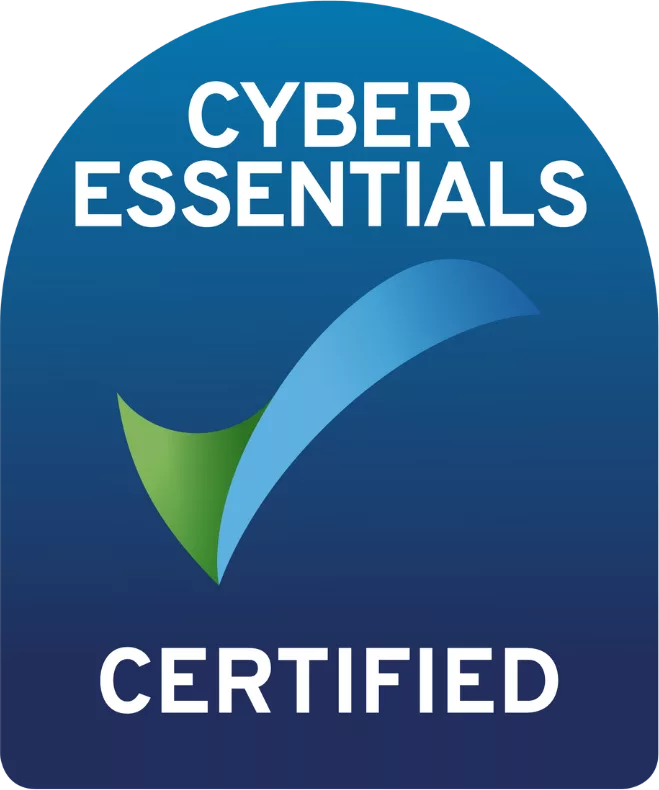Higher Education providers anywhere in the UK or Ireland can use Uniac's services either on an ongoing basis or for one-off assignments. Universities who choose to become Members of Uniac enjoy VAT savings and can shape our strategy, ensuring Uniac…
Frequently Asked Questions
Answers to common questions on higher education auditing
- Interested in using Uniac?
-
- Why use an internal audit consortium?
-
Our founding members recognised that in-house internal audit teams had a good understanding of their individual institution but lacked sector wide exposure and experience. On the other hand the bigger audit and accountancy firms were perceived to lack…
- What are internal audits for?
-
They provide independent reassurance to the governing body that the university is managing its risks effectively and efficiently. Most large organisations use internal audits to gain similar reassurance, and the Office for Students requires all but the…
- How are topics selected for audit?
-
We agree a programme of audits with each higher education provider's audit committee and senior staff. Audits are chosen because:they link to your risk register – for example, a particular process may be identified as an important component in managing…
- What is it like being audited?
-
Firstly, we are all on the same side – working in the interests of the university. Audits work best when we work in partnership. We’ll let you know in good time before an audit is due to start and we will do our best to avoid your particularly busy…
- What are auditors like?
-
Right from the start of the audit you will find we are good listeners. We are approachable and responsive and want you to participate fully in the audit. Apart from a small number of regulatory areas, we don’t have a black and white definition of what’s…
- What does an audit involve?
-
The audit will involve discussions with staff and we will review documents so that we understand the system or process being audited. As well as discussions and review of documents, we will carry out some tests to see how systems and processes work in…
- What information do I need to provide during an audit?
-
Internal audit terms of reference, approved by the audit committee and governing body, give internal auditors access to all of the organisation’s records. We expect you to be open, and to provide any information that we request, within reasonable…
- What are the outcomes of an audit?
-
We prepare a first draft report for discussion. This draft will be altered and updated to reflect any additional evidence that emerges as we discuss the report with you. Wherever possible we aim to get your agreement to the report content, and to any…
- May I tell you what I think about Uniac?
-
Yes of course. We welcome your feedback on the experience of being audited - and it helps us to provide a better service. Comments are welcome anytime.
- What happens after an audit?
-
Audit reports will set out who is responsible for implementation of any management actions. The university will normally have an internal process to monitor implementation – or may have arranged to use Uniac’s automated tracking system. Either way, the…
- Can Uniac assist with change projects or new systems development?
-
Yes. Involving us when new systems or processes are being developed can help ensure that effective and efficient internal controls are designed in from day one. It is generally easier and cheaper to alter systems and processes while they are still being…





